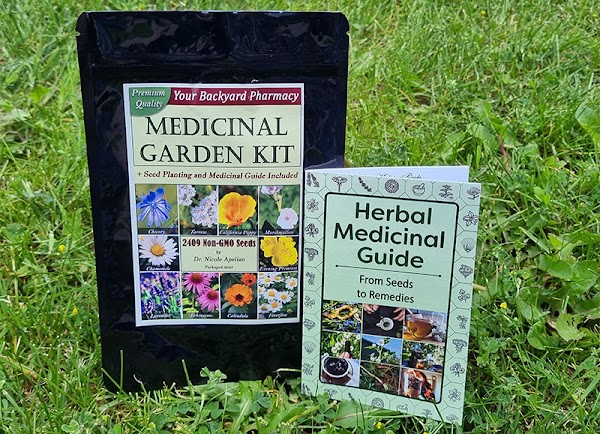In the realm of off-grid living, securing a reliable water source is paramount. Whether you’re seeking to escape the confines of urban life or embrace a more sustainable lifestyle, implementing an off-grid water system is essential for achieving self-sufficiency. In this comprehensive guide, we’ll explore various off-grid water systems, their benefits, and considerations to help you make informed decisions for your off-grid journey.
Rainwater Harvesting: Harnessing Nature’s Bounty
Rainwater harvesting is a time-honored practice that allows individuals to collect and store rainwater for household use. This sustainable method reduces reliance on centralized water supplies and can be implemented in both rural and urban settings. Rainwater is typically collected from rooftops and directed into storage tanks or cisterns via gutters and downspouts. With proper filtration and treatment, harvested rainwater can serve a multitude of purposes, including drinking, cooking, gardening, and livestock watering.
Well Water: Tapping into Groundwater Resources
For off-grid properties situated in rural areas, drilling a well is often the most practical way to access groundwater. Wells tap into underground aquifers, providing a consistent and reliable water source. However, drilling a well requires careful planning, site assessment, and adherence to local regulations. Additionally, well water should be regularly tested for quality and may require treatment or filtration to ensure its safety for consumption.
Spring Water: Embracing Natural Springs
Properties blessed with natural springs offer a unique opportunity for off-grid water systems. Natural springs provide a continuous flow of fresh water sourced from underground aquifers or mountain runoff. Spring water is typically collected at the source and piped to a storage tank or directly into the home. While natural springs offer pristine water quality, proper protection measures must be implemented to prevent contamination and ensure sustainability.
Greywater Recycling: Reducing Water Waste
Greywater recycling is an eco-friendly practice that involves treating and reusing wastewater from household activities such as bathing, laundry, and dishwashing. Rather than allowing greywater to be wasted, it can be redirected to irrigate gardens, orchards, and landscaping. Greywater recycling systems range from simple gravity-fed setups to more sophisticated filtration and treatment systems. By recycling greywater, off-grid homesteads can significantly reduce their water consumption and environmental impact.
Considerations for Off-Grid Water Systems
When designing and implementing off-grid water systems, several key considerations should be taken into account:
- Water Quality: Ensure that your water source meets safety standards for drinking and household use. Regular testing and treatment may be necessary to maintain water quality.
- Storage Capacity: Adequate storage capacity is essential to ensure a consistent water supply, particularly during periods of low rainfall or drought.
- Energy Requirements: Consider the energy requirements for pumping, filtration, and treatment systems. Where possible, opt for energy-efficient solutions or alternative power sources such as solar or wind.
- Regulatory Compliance: Familiarize yourself with local regulations and permitting requirements for drilling wells, installing rainwater harvesting systems, and other off-grid water infrastructure.
By carefully evaluating your water needs and resources, you can design and implement off-grid water systems that promote sustainability, self-sufficiency, and resilience. Whether you’re harvesting rainwater, tapping into groundwater, or recycling greywater, off-grid water systems offer a path to sustainable living off the beaten path.
Photo by Jainath Ponnala on Unsplash






















